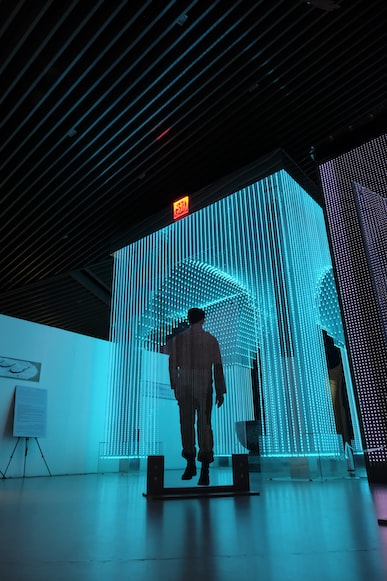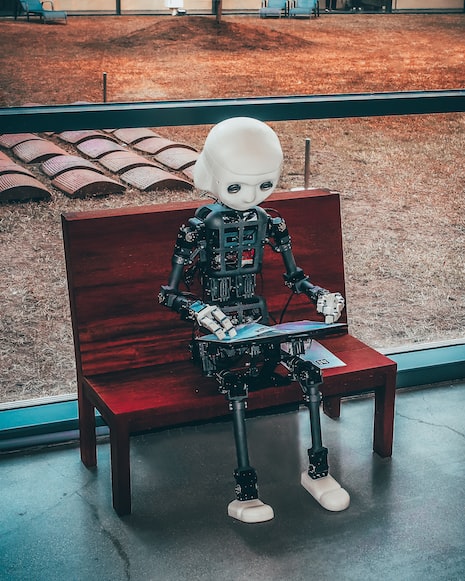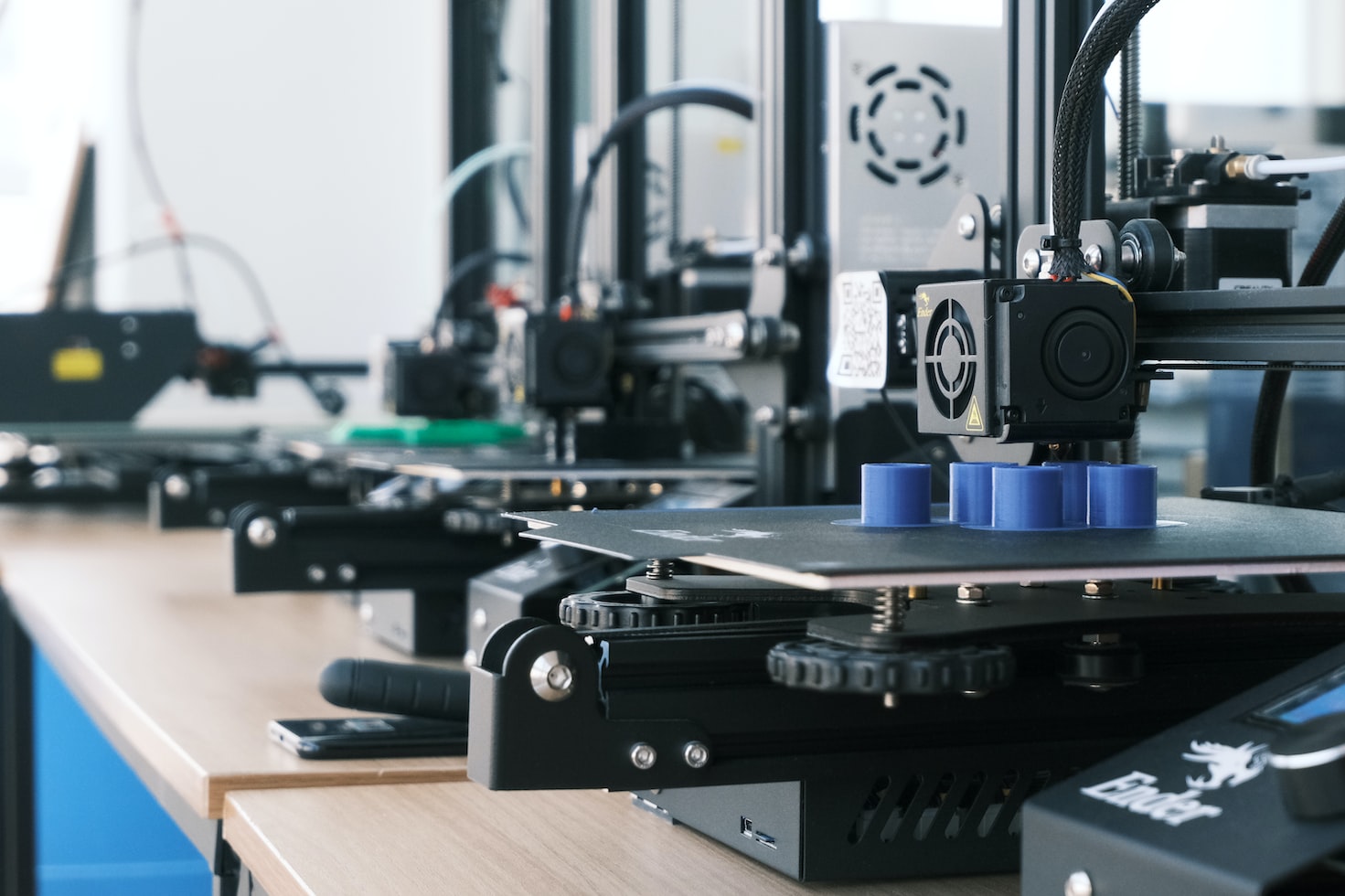The future of work is a topic on many people’s minds these days.
With rapid advancements in technology, automation, and the gig economy, it’s clear that the way we work is changing.
But what can we expect in the coming years, and how can you prepare for these changes?
What is the future of work?
Before we look closer at the trends, let’s define this buzzword.
The future of work refers to the ways in which advancements in technology and other factors will impact the way we work in the future.
This can include changes in the types of jobs that are available, the skills and expertise that workers will need to have, and the ways in which work is organized and performed.
Overall, the future of work is likely to be characterized by a greater emphasis on collaboration between humans and machines, and a need for workers to continuously develop and adapt their skills to stay competitive in a rapidly changing job market.
To simplify, the future of work will be shaped by three key elements
- How work is done, with an emphasis on collaboration between humans and automation/AI to improve productivity, engagement, and creativity
- Who does the work, with a need for a diverse workforce that includes full/part-time workers, leased employees, gig workers, and crowdsourced contributors
- Where and when work is done, with a shift toward more flexible, remote work options and a more dispersed workforce
Now, let’s dive into the biggest trends within the future of work.
How technology and AI are shaping the way we do business
One of the biggest changes we can expect in the future of work is an increase in automation and the use of artificial intelligence (AI) in the workplace.
Automation has already begun to replace many manual and repetitive tasks, freeing up workers to focus on more complex and creative work. We can expect even more tasks to be automated, including some that are currently performed by skilled workers.
Automation and AI will lead to a shift in the types of available jobs
Jobs that involve routine tasks and can be easily automated are likely to become less common. This could over time potentially hit extra hard on economies where more traditional jobs are extra common, such as countries across Latin America or Asia.
One possible way to mitigate the negative effects of automation on the job market would be for governments to invest in education and training programs that can help workers develop the skills they need to transition to new, high-demand fields.
This could help to ensure that workers in traditional jobs are able to adapt to the changing job market and continue to find employment in the future.
Additionally, governments may need to implement policies that provide support for workers who are affected by automation, such as unemployment insurance and retraining programs.
What jobs will be most in demand in the future?
Your future job might be hard to imagine at this point – a report from Dell estimates that 85 % of jobs that will exist in 2030 have not been invented yet!
Which jobs will be in the most demand in the future will depend on many factors, such as the rate of technological change and the state of the global economy. There will be greater demand for workers with skills in areas such as data analysis, programming, machine learning, and effectively being able to collaborate with AI-powered systems.
Some jobs that are likely to be in high demand in the future include:
- Those in the healthcare industry, as the population continues to grow and age
- Jobs in technology, as the use of technology continues to expand in all areas
- Jobs in education and training, as the need for lifelong learning continues to increase
New jobs will likely be created in industries that are currently emerging or are expected to grow in the future, such as renewable energy, biotechnology, and nanotechnology.
Some examples of other possible jobs that could emerge in the future
- Virtual reality designer: As virtual reality technology continues to improve, there will be a need for workers who are skilled at creating immersive virtual environments for a variety of applications, such as entertainment, education, and training.
- AI specialist: As AI becomes more advanced and is used in a wider range of applications, there may be a need for workers who are skilled at developing, implementing, and maintaining AI systems.
- 3D printing engineer: As 3D printing technology becomes more advanced and more widely used, there may be a need for workers who are skilled at designing and creating complex objects using 3D printing. You can already find 3rd artist jobs that let you work remotely, whether you’re looking for junior 3rd artist jobs or more senior positions.
- Renewable energy technician: As the world continues to move away from fossil fuels and towards renewable energy sources, there may be a need for workers who are trained to install, maintain, and repair renewable energy systems, such as solar panels and wind turbines.
- Drone operator: As drones become more advanced and are used in a wider range of applications, there may be a need for workers who are skilled at operating drones for tasks such as photography, inspection, and delivery.
These are just a few examples, there will likely be many other jobs we cannot yet imagine!
What will automation mean for wages?
The impact of automation on wages will depend on factors such as the rate at which automation is adopted, the availability of skilled workers, and government policies.
In some cases, automation may lead to higher wages for workers with in-demand skills, as companies are willing to pay more for workers who can perform tasks that are difficult to automate.
In other cases, automation may lead to lower wages, as machines can perform tasks cheaper than humans. Overall, the impact of automation on wages is likely to be complex and varied.
The Gig Economy: Flexible Collaboration for the Modern Workforce
Another significant change we can expect in the future of work is the continued growth of the gig economy. The gig economy, which is characterized by short-term, flexible work arrangements, has already become a major force in the labor market. In the coming years, we can expect to see even more workers taking on gig work as a primary or secondary source of income.
This shift towards the gig economy will likely have both positive and negative impacts.
On the one hand, gig work can provide workers and businesses with greater flexibility and control over their schedules. It can also make it easier for workers to pursue multiple streams of income and to try out different types of work.
On the other hand, gig work usually won’t provide the same type of security and benefits as traditional employment. For you to be successful, it requires discipline and motivation. If it’s for you, and you go all in, the rewards will be bigger than any type of fixed employment.
The future workspace: Personalization and Location Independence
What about the office, will it still be around in the future?
The rise of remote work and other flexible work arrangements has led many companies to rethink their use of office space. In some cases, companies reduce their office footprint and rely more on remote work. While in other cases, they choose to create more flexible and collaborative office environments that are better suited to the needs of a modern, technology-driven workforce. Like creative hubs in different cities.
Some trends that are expected to shape the future of the workplace are:
- Increased use of technology: The workplace of the future is likely to be heavily reliant on technology, with tools like artificial intelligence, natural language processing, and machine learning playing a key role in how work is performed and organized. This could potentially lead to more efficient and productive work environments
- Greater flexibility: The rise of different forms of flexible work is likely to continue, leading to more flexible and dynamic work arrangements. This include increased use of remote work, as well as more flexible scheduling and work hours.
- Greater collaboration: As technology becomes more integrated into the workplace, there is likely to be a greater emphasis on collaboration between humans and machines. This could lead to more collaborative and creative work environments
How can you prepare for the future of work?
Overall, the future of work is likely to be marked by significant changes in the way we live, work, and the types of jobs that are available.
These changes will bring both opportunities and challenges! It will be important to be adaptable and to develop new skills to stay competitive in the changing job market.
Here are a few tips:
- Stay informed about emerging roles and technologies, such as AI and coding ethics specialists, human-technology liaisons, and automation recruiters
- Conduct jobs analysis to understand how work is currently done and identify areas where technology can improve efficiency and support creativity
- Conduct a skills analysis to identify gaps in your workforce and inform reskilling programs to fill those gaps
- Some skills that are likely to be important in the future include technical skills, such as programming and data analysis; creative skills, such as design and problem-solving; and interpersonal skills, such as communication and collaboration. Additionally, the ability to learn new skills quickly and adapt to change will likely be more important than ever
- Strengthen your employee value proposition to retain talent in critical roles
- Reimagine your talent model to include an emphasis on talent pipeline development, reskilling current workers, and utilizing short-term work arrangements for a more dynamic workforce
That’s it for now! By understanding the trends and preparing for the future, you can position yourselves to take advantage of the opportunities that the future of work will bring.
What’s your take on the future of work? Would love to know in the comments!



 Photo credit:
Photo credit:  Photo credit:
Photo credit:  Photo credit:
Photo credit:  Photo credit:
Photo credit:  Photo credit:
Photo credit:  Photo credit:
Photo credit:  Photo credit:
Photo credit:  Photo credit:
Photo credit:  Photo credit:
Photo credit: 



0 comentarios